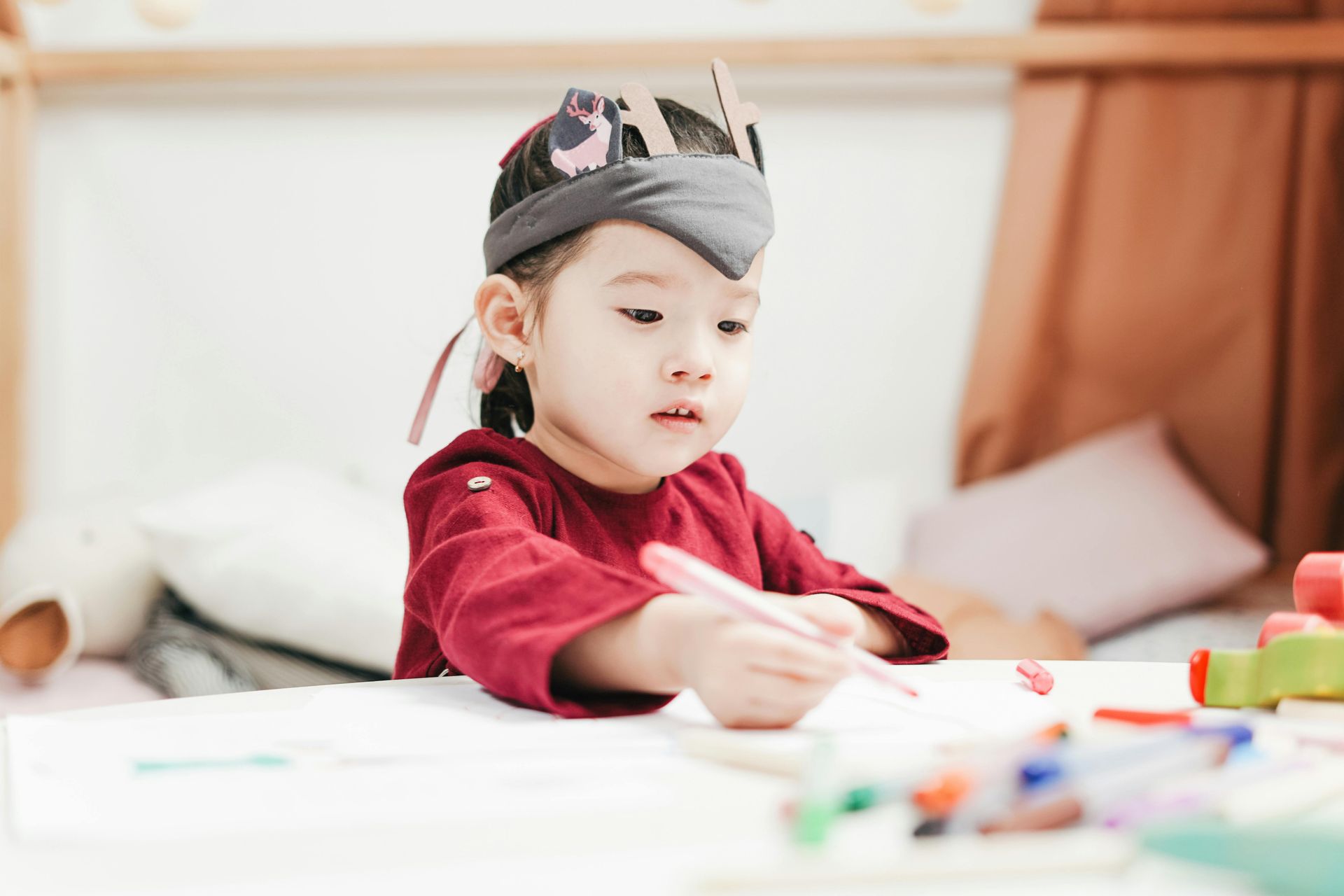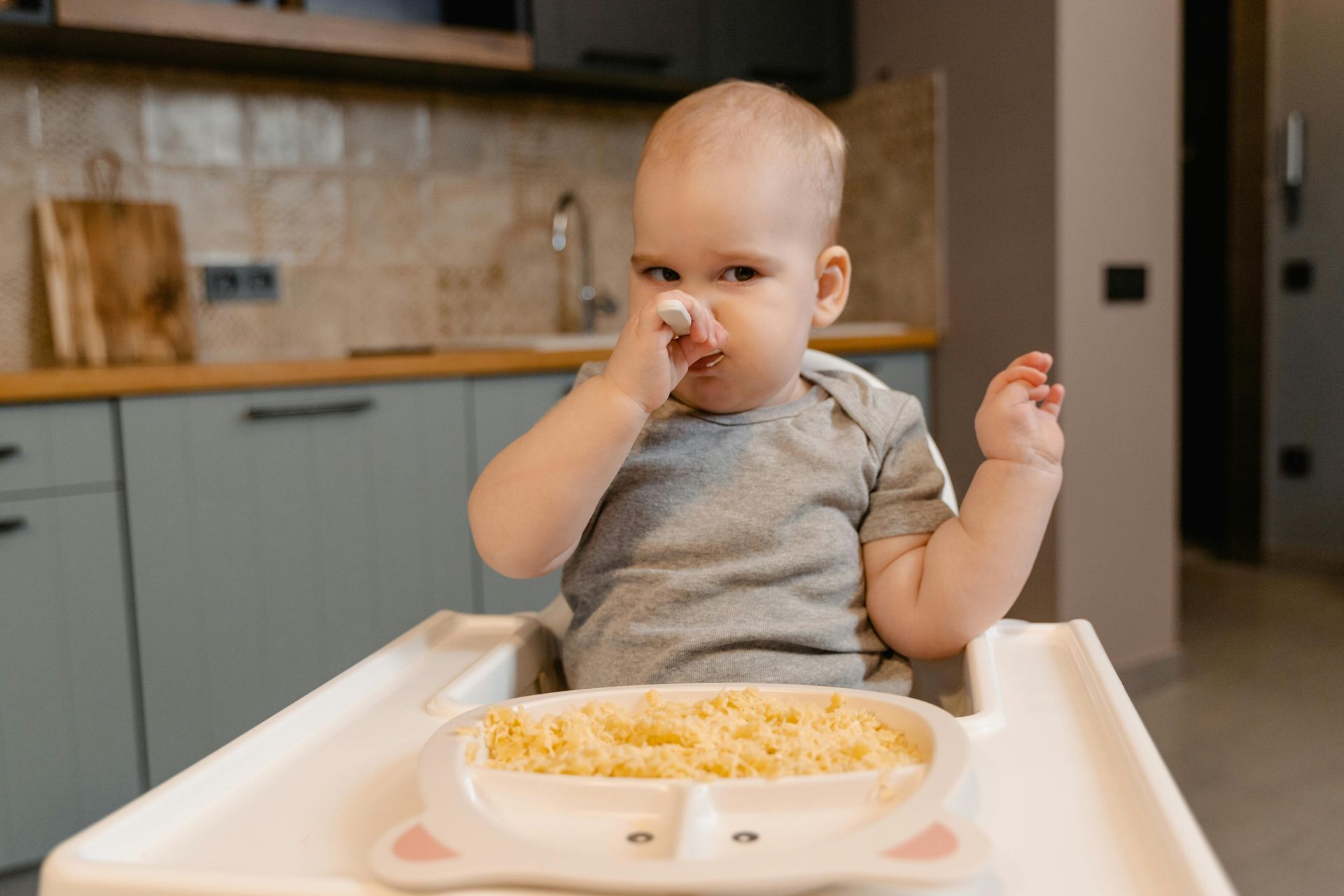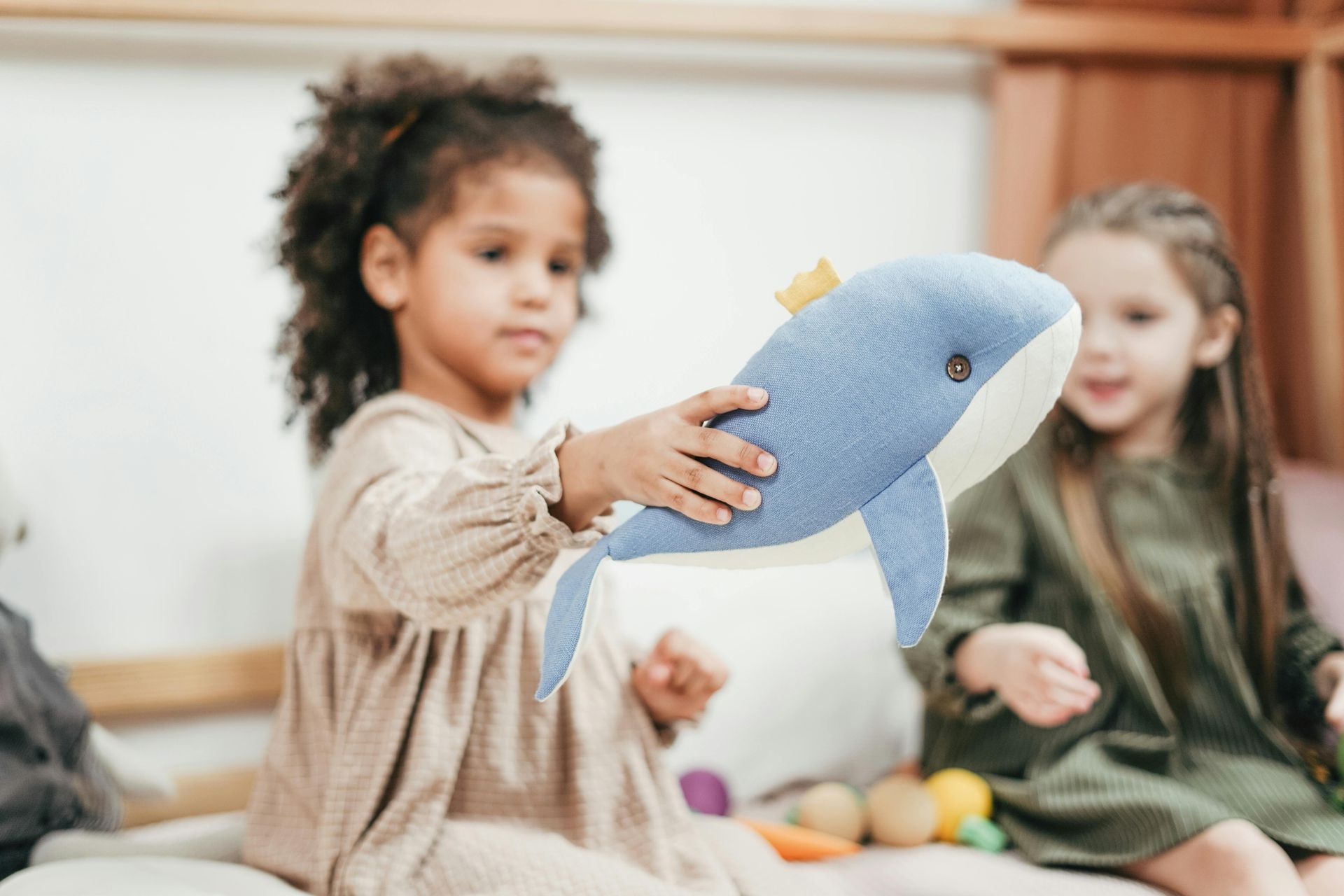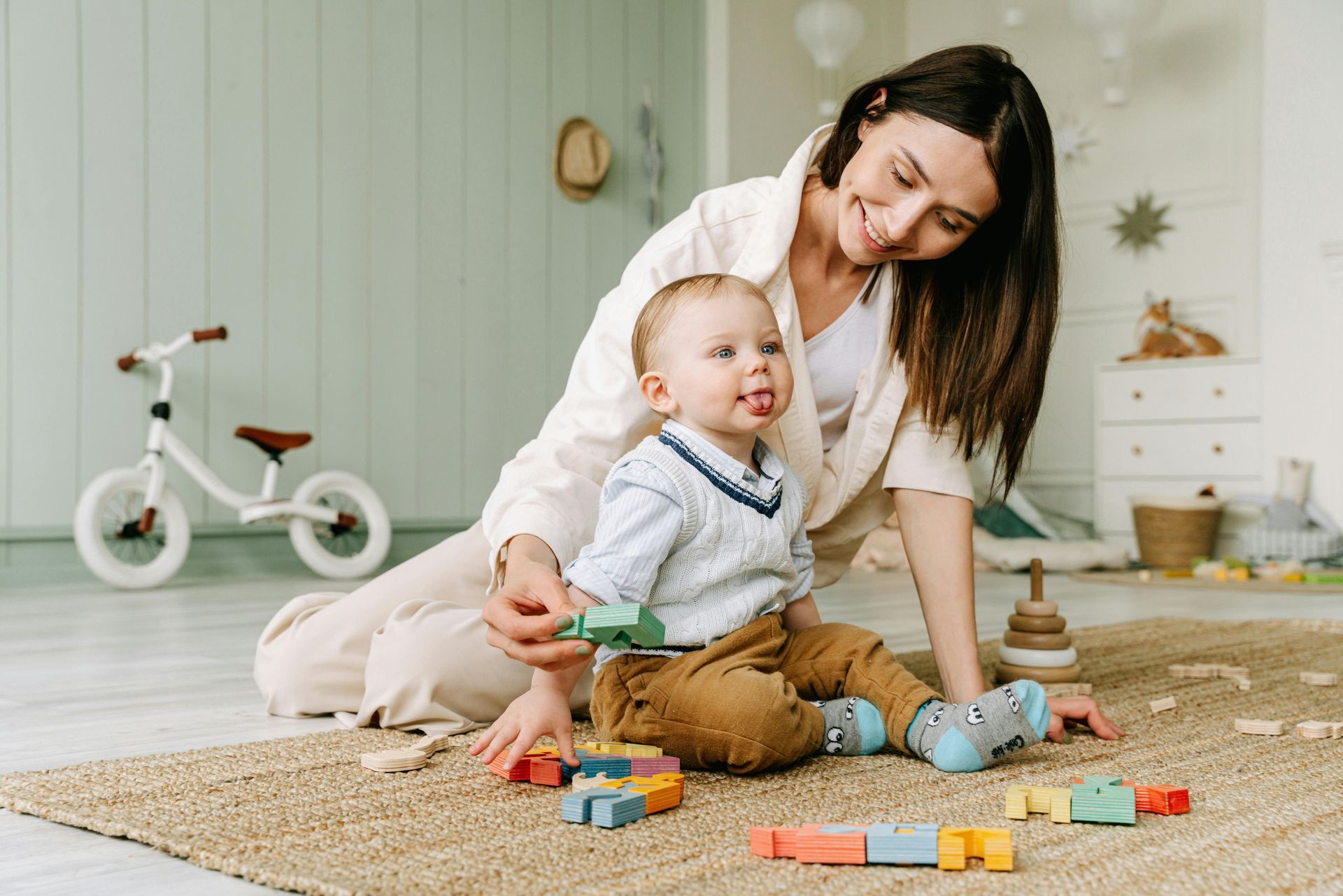From Home to Nursery: Helping Children Transition with Ease at Welbourne Avenue Nursery
For many families, the first day of nursery is filled with anticipation, excitement, and — understandably — a few nerves. It’s a big step, not just for the child, but for parents and caregivers too. At Welbourne Avenue Nursery, we understand the emotional weight of this transition, and we work hand-in-hand with families to make it as smooth, gentle, and positive as possible.
Why Transitions Matter in Early Childhood
Children thrive on routine, consistency, and familiarity. Moving from the comfort of home into a new setting filled with unfamiliar people, sounds, and expectations can be overwhelming at first. How we support children during this transition shapes their confidence, their relationships with caregivers, and their willingness to explore and engage.
At Welbourne, we approach the transition from home to nursery with empathy, patience, and personalized support. No two children are the same, so no two transitions look exactly alike — and that’s okay.
Building Trust Before the First Day
Our transition process begins well before a child’s first full day. We invite families for orientation visits, classroom walkthroughs, and one-on-one meetings with educators. These early connections lay the foundation for trust — both for the child and the parent.
Children have a chance to see the classroom, meet their teachers, and explore materials at their own pace. Parents can ask questions, share their hopes and concerns, and begin to build relationships with the staff.
We also encourage families to share key details about their child’s temperament, routines, and preferences. The more we know about a child before they arrive, the better we can meet their needs from day one.
Creating Predictable, Nurturing Routines
One of the most effective ways to help children feel secure is to provide a consistent, predictable daily routine. From drop-off to pick-up, our classrooms follow a familiar rhythm that helps children know what to expect and when.
We use visual schedules, transitional songs, and gentle verbal cues to help children move smoothly between activities. Over time, this structure becomes internalized — and children begin to anticipate and participate in the flow of the day with growing confidence.
Gentle Goodbyes, Confident Hellos
For many families, the hardest moment is saying goodbye in the morning. We support this moment with kindness and reassurance, never rushing a child (or parent) through their emotions. Children are given time to settle in, connect with a familiar adult, and choose a comforting activity to ease the transition.
We also help parents develop a consistent drop-off routine — whether it’s a special goodbye phrase, a wave at the window, or a short cuddle in the cozy corner. Children feel more at ease when goodbyes are consistent and predictable.
Our teachers check in with parents during these early days, offering updates and encouragement to help them feel confident in their child’s progress.
Supporting Emotional Expression
Starting nursery is an emotional experience, and big feelings are a normal part of the process. Whether a child expresses sadness, frustration, excitement, or uncertainty, we respond with empathy and validation.
Rather than distracting children from their feelings, we help them name and process them. “It’s okay to miss your mummy. She’ll be back after snack time.” These small acknowledgments build emotional intelligence and a sense of safety.
Building Strong Relationships with Educators
Children are more likely to feel secure in a new environment when they form strong bonds with their caregivers. That’s why we focus on building trusting, respectful relationships from the very beginning.
Each child is paired with a key person — an educator who takes special responsibility for their transition, care, and emotional needs. This relationship acts as a bridge between home and school, helping children feel grounded as they adapt to their new setting.
Through cuddles, play, and consistent presence, our educators become trusted figures in the child’s life — offering comfort and connection when it’s needed most.
Parent Partnerships During the Transition
We believe that parents are the experts on their own children, and we value their insight and input. During the transition period, we maintain close communication with families — whether through daily conversations, written notes, or quick check-ins at pick-up.
We provide updates on how children are settling in, what activities they’re enjoying, and how they’re engaging with peers. This transparency helps families feel connected and reassured, even when they’re apart from their child.
We also listen carefully to parents’ observations, questions, and concerns, adjusting our approach as needed to ensure every child feels supported.
Gradual Start Options
For families who prefer a slower introduction to nursery, we offer flexible, gradual start schedules. This may involve shorter days at first, a parent staying for part of the session, or a phased-in approach over the course of a week.
These gradual starts give children time to build comfort and familiarity without feeling overwhelmed — and they give parents peace of mind knowing their child is supported every step of the way.
The Transformation Over Time
It’s remarkable to witness how quickly most children settle into nursery life. A child who cried at drop-off for the first week begins to run in with a smile. Another who clung tightly to a parent’s leg now waves proudly from the window. These moments, while small, are powerful reminders of children’s resilience and capacity for growth.
With the right support, what begins as a difficult transition becomes a joyful routine — a new world of friendships, discoveries, and confidence.











